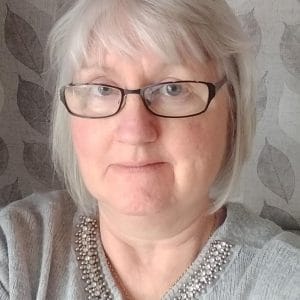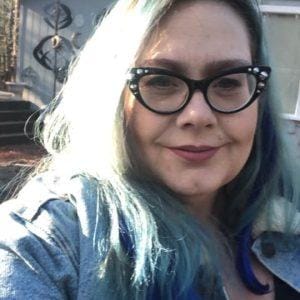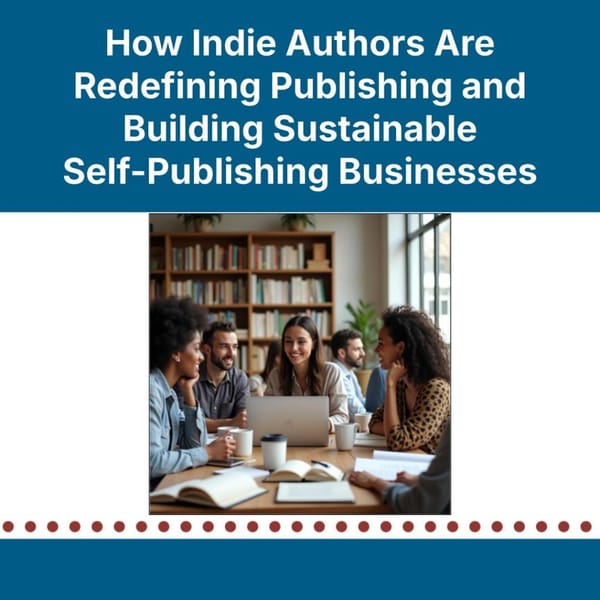What is Intellectual Property?
"Intellectual property (IP) is a category of property that includes intangible creations of the human intellect," so says Wikipedia. The UK government defines these intangible creations as things "you create using your mind—for example, a story, an invention, an artistic work or a symbol."
Closely connected to IP is the notion of copyright. This right is applied to all creative work in whatever form it might take: literary, dramatic, musical, etc. At its most basic, this means that you own your intellectual creation, no one can use your work without your permission, and you have the right to be identified as the author wherever your work is used. In the US, The Authors Guild notes, "Effective copyright protection is the linchpin of professional authorship; it enables authors to make a living writing."
In the UK, your IP is protected for your lifetime plus fifty years and, in the US, your lifetime plus seventy years. Abroad, your rights are protected by international agreements administered by the World International Property Organization, and details of these can be found online.
Stephen Fishman’s The Copyright Handbook Every Writer Needs provides a closer look at the processes involved.
Estate Planning for Indie Authors
Making a will is recommended by experts to bypass the numerous problems that can arise from dying intestate, which comes with myriad problems. Depending on where you live, it could mean forfeiture of most or all of your assets to the government.
In it you need to treat your IP as a single entity to avoid the risk of it being left to your "residual beneficiary" by default. Even if this is the person you intend to benefit from your estate, you still need to separate your IP from the rest of your assets. IP is attached to your business, and money obtained from it should never be used for personal expenditure. Neither should it be available to settle any personal debts or liabilities after your death.
Keeping your will up to date is crucial. In the US, if you move between states, don’t forget you’ll need to check the specific requirements that apply in your new state and change it if necessary.
Where to Find Information
M. L. Buchman’s book, Estate Planning For Authors: Your Final Letter (and why you need to write it now), is a good place to start. Buchman, himself a successful indie author with many novels to his name, goes through the process of how he planned his own estate, and shares the formats of his master Excel sheet and what he calls his "Final Letter." This letter covers everything an heir might need to know including places to find passwords for all the author’s accounts.
He also advises hiring a lawyer who specializes in IP, and a Certified Public Accountant (CPA). One way to find these is to talk to other authors and get their recommendations. As with all things the level of service and expertise is varied, so be sure they know your goal is to ensure your work remains protected.
In his 2017 interview with Joanna Penn, Buchman discussed the importance of indie authors thinking of themselves as a business, something he feels they don’t take seriously enough. His, “Know what the money is doing at all times” mantra is one well worth adopting, and when you’re beginning to plan your estate, the book is an excellent first read.
Written in a humorous style, it covers the main “do’s” and “don’ts” and includes cautionary tales alongside advice on how to avoid the same pitfalls yourself. For example, in some cases if you go bankrupt, your IP can be classed as an asset, and be sold off by the court for far less than it is worth. He further suggests copyright should never be sold, only licensed.
Another useful resource is Kristine Kathryn Rusch’s estate planning series of blog posts. These were written as she went through the process of setting up her own plan. Her first piece of advice? “Get a valid will… Your heirs will thank you.”
In the series, Rusch splits her research into two areas, “Planning for Writers,” and “Planning for Small Business Owners.” In the second blog of the series “Ghosts of Writers Future,” she divides writers into four categories: Beginning Writers, Traditionally Published Writers, Indie Published Writers, and Successful Writers, and gives a brief overview of why they all need to plan ahead.
The most in-depth online resource is The Legacy Kit from the Science Fiction Writers Association. It includes a checklist of necessary documents, sample inventories and tables, a glossary of terms, and useful advice on legal resources. Downloadable from the website as a PDF, it can be used by writers in all genres, and contributors to the project included both Buchman and Rusch. The kit also has a recommended reading list, and the committee can be contacted at legacy@sfwa.org if you have any further questions.
It may sound like a lot of hard work, and it is, but planning your estate now will avoid headaches for your heirs later. Echoing M. L. Buchman’s advice, Kristine Kathryn Rusche says, “Not all small business owners are writers, but all writers are small business owners.” It’s something that we all need to bear in mind whatever stage we are at in our writing career.
Useful links:
- The Society of Authors
- The Authors Guild
- UK Government Copyright
- World International Property Organization
For Stephen Fishman’s book (UK): Amazon UK
For Stephen Fishman’s book (US): Amazon US
Joanna Penn’s interview with M L Buchman: The Creative Penn
The book is available in paperback and on Kindle at Amazon Canada
Kristine Kathryn Rusche’s Estate Planning Series: KrisWrites











